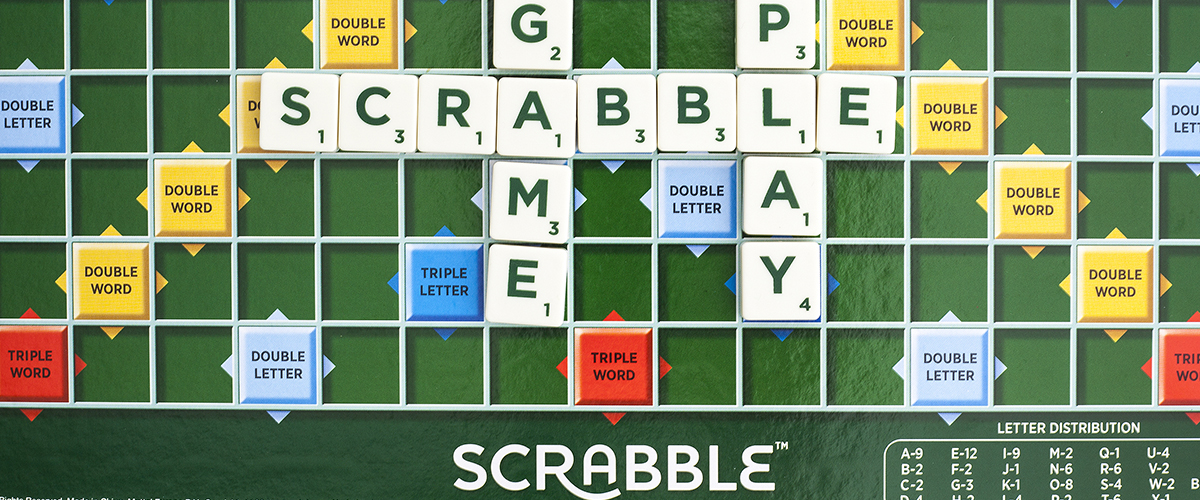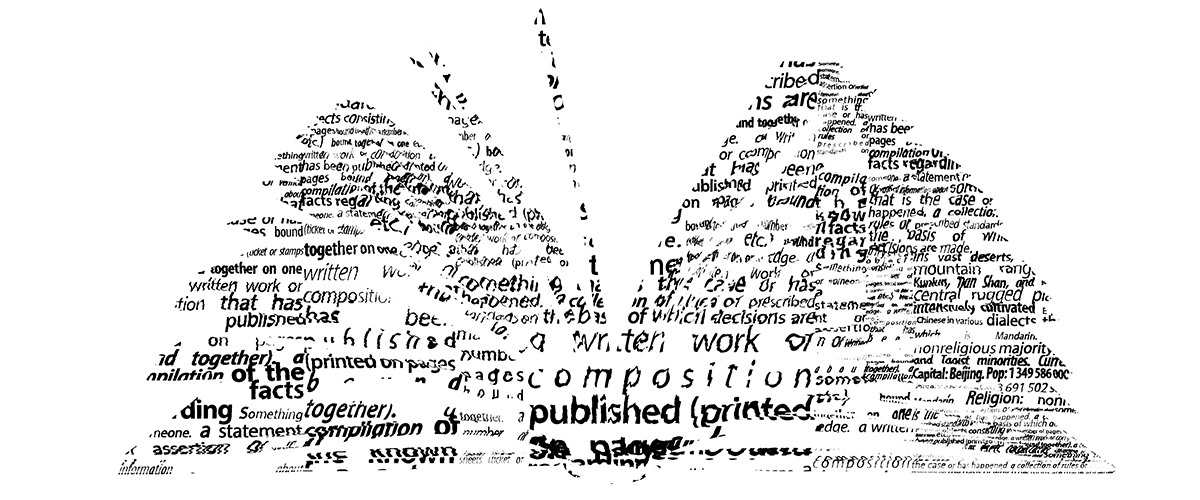Vocabulary is a set of words within a language that are familiar to a particular person. Every person’s particular vocabulary is unique and often not given much thought or attention as it tends to develop with age and grow and evolve over time. It is ordinarily defined as ‘all of the words known and used by a particular person’ although ‘knowing’ a word is not as simple as you may think.
Degrees and Depths
It can be easy to say ‘Yes I know this word’ but in order to determine exactly how well you know the word there have been stages to define how well.
- Never encountered the word.
- Heard the word, but cannot define it.
- Recognize the word due to context or tone of voice.
- Able to use the word and understand the general and/or intended meaning, but cannot clearly explain it.
- Fluent with the word (its use and definition).
Further to the degrees to which you are familiar with a certain word there are also different levels of depth. There are many components that go into knowing a word.
- Orthography – Written form.
- Phonology – Spoken form.
- Reference – Meaning.
- Semantics – Concept and reference.
- Register – Appropriate usage.
- Collocation – Lexical neighbours.
- Word Associations.
- Syntax – Grammatical function.
- Morphology – Word parts.
Of course with these many facets of word knowledge come many different types of vocabulary. We have all, at some part of our lives made ourselves look slightly foolish by having a stab at a new word that we have only ever read and getting the pronunciation completely wrong. These occasions, although quite unbearable at the time, are perfect examples of a gap between your reading and speaking vocabulary.
Why So Important?
Vocabulary is ultimately expression; having an extensive vocabulary will help you express yourself clearly and communicate well with clarity, a linguistic vocabulary is also identical to a thinking vocabulary meaning that you will be able to think concise thoughts with precision. Although much of your vocabulary is built up throughout childhood, it will certainly plateau once you leave education. In order to keep the vocabulary in order and expand after this time it is advisable to read, play word games or even set yourself goals to learn a new word each day.
Words For The Week
- Accoutrement n. Additional items of dress or equipment, carried or worn by a person or used for a particular activity. The General dressed for battle in shining accoutrements.”
- Demure adj. 1. Modest and reserved in manner or behavior. “Despite herdemure appearance, she is an accomplished mountain climber.”
- Hubris n. 1. Overbearing pride or presumption; arrogance. 2. A strong belief in a person’s own importance. “He was disciplined for his hubris.”
- Quixotic adj. 1. Idealistic without regard to practicality; impractical. 2. Impulsive: tending to act on whims or impulses. “It was clearly a quixoticcase against the defendant.”









I found your article very helpful.
Very well written . Easy to understand . Good article for students who want to have an understanding of Language
Comments are closed.